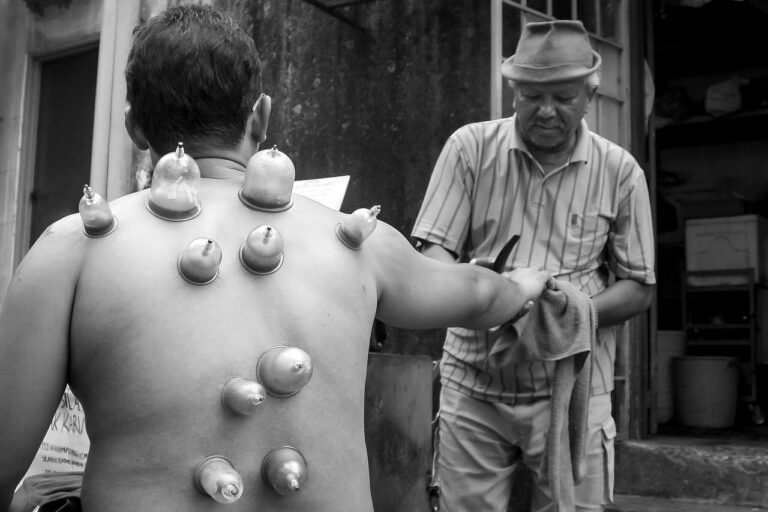The Influence of Social Media on Body Image
In today’s society, the portrayal of flawless beauty in the media has reached unprecedented heights. Images of perfectly sculpted bodies, flawless skin, and impeccable hair flood our screens, bombarding us with unattainable ideals. These unrealistic beauty standards create a toxic cycle of comparison and self-doubt among individuals of all ages and backgrounds.
With the rise of social media platforms, the pressure to conform to these unfeasible standards has only intensified. Influencers and celebrities showcase curated images of themselves, often enhanced with filters and editing tools, perpetuating an unrealistic facade of beauty. As a result, many individuals feel inadequate and insecure, constantly striving to measure up to an ideal that is unattainable and unsustainable.
Comparison Culture and Its Impact
In today’s digital age, comparison culture has become prevalent as individuals constantly find themselves comparing their lives, appearances, and achievements to those of others. Social media platforms play a significant role in fueling this culture, as users often curate idealized versions of themselves, creating a distorted sense of reality for viewers. The constant exposure to these carefully crafted images can lead to feelings of inadequacy and low self-esteem among individuals who compare themselves to what they perceive as flawless standards.
Moreover, comparison culture not only affects individuals’ self-perception but also impacts their relationships with others. The pressure to measure up to societal expectations can breed jealousy, competition, and negativity within social circles. This can hinder authentic connections and foster an environment of judgment and superficial interactions based on external appearances rather than genuine qualities and values. As comparison culture continues to thrive in the age of social media, it is crucial for individuals to be mindful of the impact it has on their mental well-being and strive to cultivate self-acceptance and healthy boundaries in their online and offline interactions.
What is comparison culture?
Comparison culture is a societal phenomenon where individuals constantly compare themselves to others, often leading to feelings of inadequacy or low self-esteem.
How does comparison culture contribute to the rise of unrealistic beauty standards?
Comparison culture perpetuates the belief that one must look a certain way to be considered attractive or successful, leading to the adoption of unrealistic beauty standards.
What are some negative impacts of comparison culture?
Some negative impacts of comparison culture include increased levels of stress, anxiety, depression, and decreased self-esteem among individuals who constantly compare themselves to others.
How can one combat the negative effects of comparison culture?
One can combat the negative effects of comparison culture by practicing self-compassion, limiting time spent on social media, focusing on personal growth and achievements, and surrounding oneself with positive influences.





